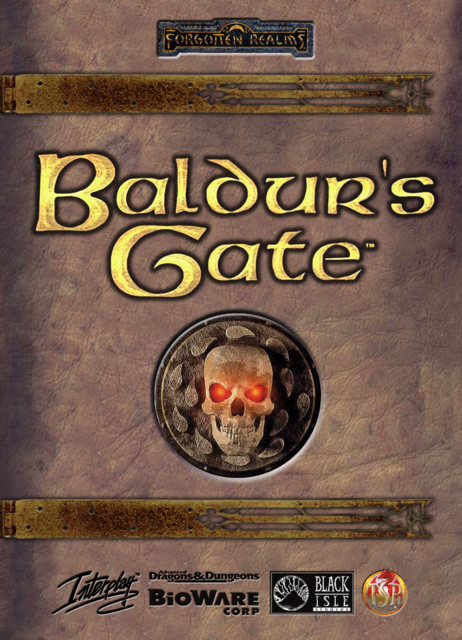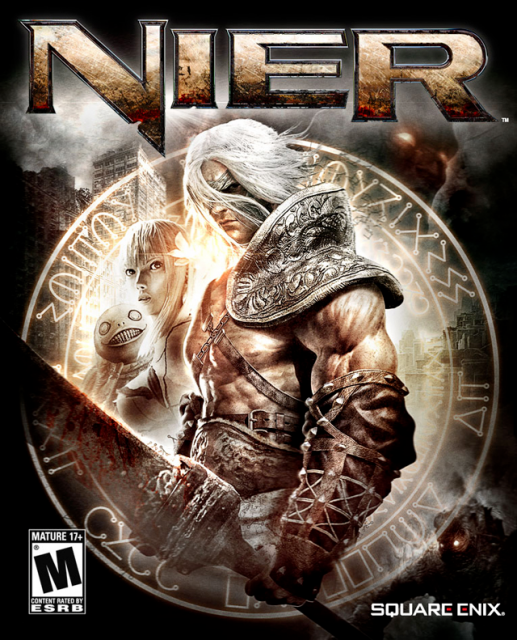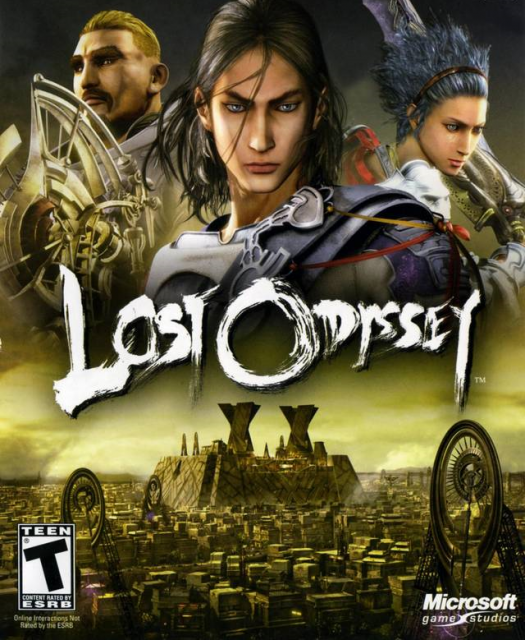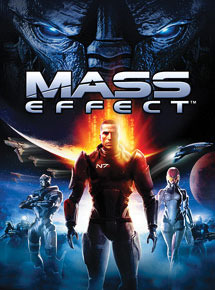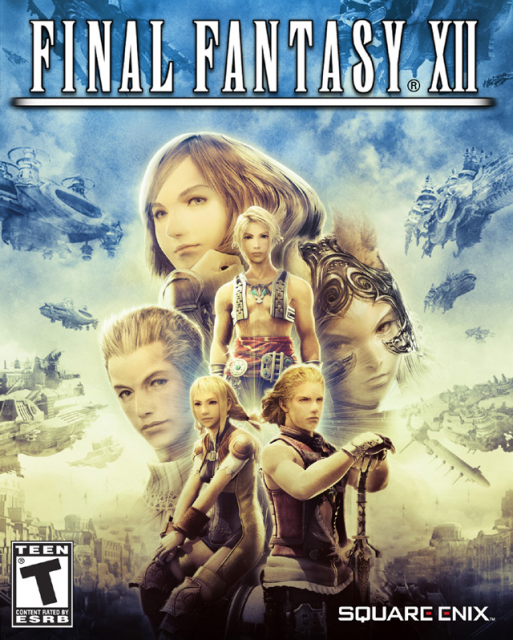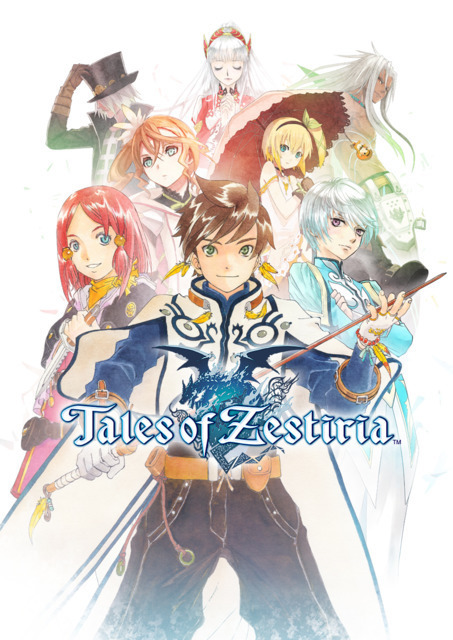Iglored
One of the more amusing (and entirely civil) schisms that has arisen on the Beastcast is Abby's admittance that, while she enjoys the story in games that specifically lend themselves to a strong narrative, she's just as likely to skip through cutscenes and text in those of a more action-oriented persuasion. This is opposed to Vinny, who seems like the type to absorb any and all story and lore that he can through his games, regardless of their genre. As a fellow fan of adventure games, RPGs, visual novels, "walking simulators", and other narrative-rich games, I'm very much in Vinny's camp, but then I realized there were times when even I didn't stop to smell the proses: particularly, there are games that feature so much ancillary lore that I wouldn't be at all surprised or dismayed to hear that people skipped right past them. I know I'm guilty of putting off a lot of reading material on the occasions when I'm not in a reading mood, and there are of course times when I didn't think the writing was strong enough to begin with.
The following games gave their respective writers some work to do, filling their shelves and bestiaries and codices with a novel-sized amount of supplementary worldbuilding text for the player to assimilate at their leisure. Like an open-world game that features a thousand collectibles or a Dynasty Warriors entry with a hundred protagonists each with their own stories to tell, I can't imagine anyone consuming everything these games had to offer unless they were the obsessive type or happened to really appreciate some good writing above all else. As games aspire to be "better", either through the advancement of their tech, the innovation of their design, or the inherent artistic value of their presentation and script, I think we'll continue to see more cases of games offering an embarrassment of riches that only a fraction of its audience will fully embrace in its entirety.

